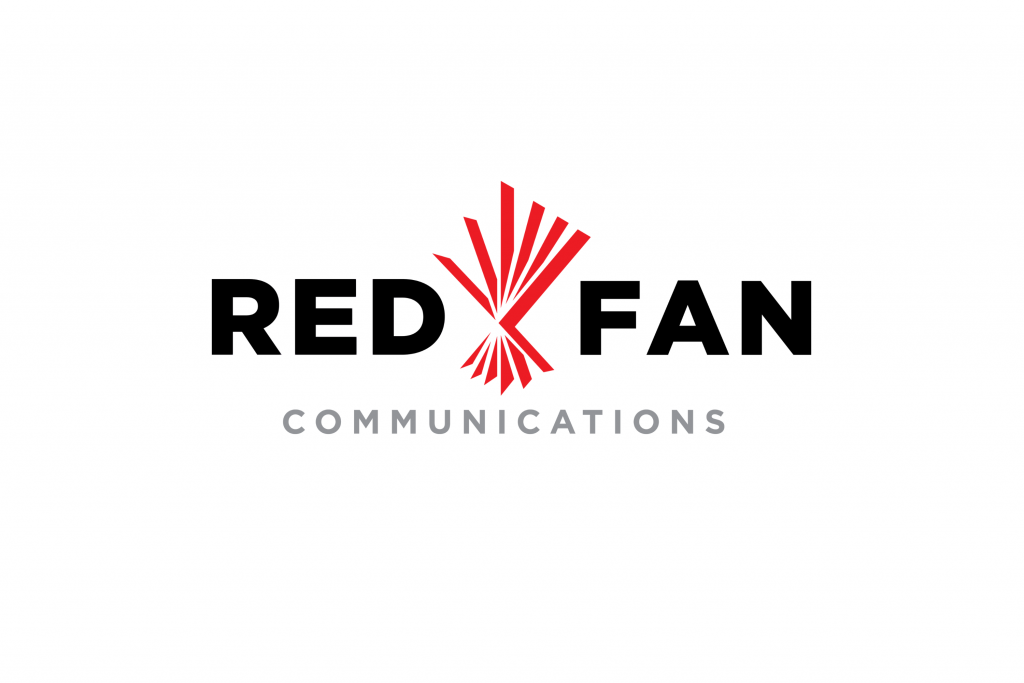Building a strong brand reputation is critical to the health of a company. By cultivating a strong, positive reputation, you encourage more customers to trust your brand and what you have to offer, provide them with essential information about who you are and increase the likelihood that customers will encounter your brand when they’re looking for a product in your industry. A negative reputation, or an absent one, may deter customers from considering your products in the first place.
In today’s digital age, media consumption patterns have shifted. More adults than ever turn to social media and digital outlets for the majority of their news consumption, while linear television and print newspaper consumption are in rapid decline.
That means that it’s critical for brands to invest serious resources into the channels they can control—namely media relations and social media monitoring—to ensure your brand’s reputation with the public (and your customers) are as strong as possible.
The Rise of Digital Media
The digital age is no longer on the horizon—it’s arrived. Gen Z, true digital natives who have used electronic media since their childhoods, is an increasing proportion of the workforce, making them an ever-important target for business-to-business (B2B) brands.
As the digital age continues, it’s critical for brands to take the time to understand the rapidly shifting sands of the digital media landscape, including the opportunities for enterprising brands to stand out to younger consumers. A traditional definition of digital media includes the following non-print forms of media:
- News websites
- Social media sites, including LinkedIn, Instagram, Facebook, TikTok, Twitter/X and Snapchat
- Podcasts
- YouTube and other video platforms
- News apps
While a media relations strategy should incorporate established media brands, many of which have print publications, it’s increasingly important for public relations and marketing professionals to have an advanced understanding of the ever-changing digital media landscape. The most popular podcasts of the last few years average up to 11 million listeners—making them more popular than all but the most-visited English-language news sites. Podcasts and other forms of digital news also require a change in strategy, including more investment to ensure the outlet is a good fit for your brand.
While some in digital media consider themselves reporters in the traditional mold, many are closer to analysts, or even influencers. Marketing professionals have to invest more time to understand what topics and guests appeal to these outlets, and how to reach them most effectively. In digital media, information can be transmitted much more rapidly—and once it’s out there, it’s hard to take back. A single errant tweet, a social media post from a dissatisfied customer or a video showing a negative experience with your product can quickly spread across the internet, leaving many customers with a negative perception of your brand before they have ever tried it.
Truth and Honesty
As Gen Z’s influence grows across the market, the importance of “authentic” content has grown alongside it. Gen Z is looking for true, authentic content that provides them with an immediate idea of what brands stand for and why they should trust them. Furthermore, they’re looking for signs of inclusivity and community: elements that can be hard to nail down but can make a significant difference in your brand’s ability to connect with customers. Even if you have a solid product, a public perception that your company is being opaque, dishonest or disingenuous can quickly convert customers to your competitors.
It’s not enough to be honest about your brand and its values once prompted. Effective messaging, incorporated into a strong media relations platform, will often mean addressing potential problems and customer complaints upfront, rather than waiting and allowing a social media firestorm to take hold.
Artificial Intelligence
How is artificial intelligence impacting media relations? In small, but important ways. While the grand vision of an AI tool that can fully automate workflows and create compelling creative assets is still a ways off, there are concrete ways public relations and marketing professionals can incorporate AI tools into their media relations efforts. Tools like ChatGPT are a great asset for brainstorming potential hooks, synthesizing large amounts of content and helping build simple explanations for complex topics.
There are also a number of tools that have long incorporated AI to help communicators track things like media mentions, social media sentiment and competitor insights. While these tools aren’t flawless, they are life-changing for their ability to aggregate and filter otherwise unnavigable quantities of data—helping you quickly pull out and translate the most important market insights into media relations wins for your brand.
Crisis Management
Now, more than ever, crisis management is an essential part of protecting your brand’s reputation. Protecting your brand reputation in a crisis can be the difference between a flash in the pan and an enduring market leader. A single negative social media post can have a substantial impact on your brand’s reputation, especially among key stakeholders in an insular industry. In an age where anyone can go viral, it’s important to have a strong, proactive relationships with media contacts and stakeholders who can help you transmit alternative messaging to shield your brand during a crisis.
The key to a successful crisis management strategy is to have a proactive plan in place in the event a problem arises—because it inevitably will. Game planning how you’ll become aware of a potential problem, who is responsible for vetting language shared by your company, and the third parties who you need to immediately can be make-or-break when a real crisis arises. Keep in mind that many customers will validate rumors from third-party sources, not directly from your brand, when they learn about a public controversy—making it critical to have relationships with the stewards of those sources.
Let Us Help Manage Your Media Relations
In the digital age, media relations is critical to more facets of your business than ever. Keeping up with your brand’s online presence, from what people are saying about you to the content your employees share on social media, is key to ensuring customers’ continued support for your products. Reach out to Red Fan Communications today to learn more about our unique approach to media relations, and how we can help you build and maintain your brand’s reputation.






